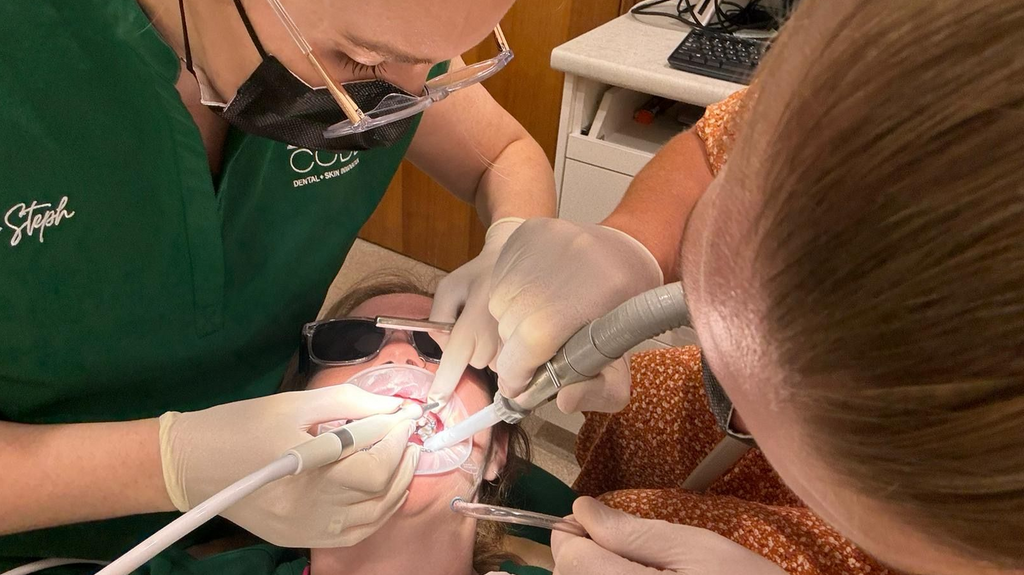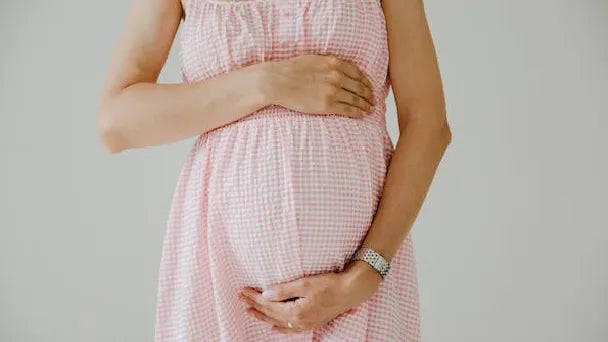At DNTL Code, we often treat patients experiencing teeth clenching or grinding (bruxism), unaware that these habits may be linked to a more serious condition: obstructive sleep apnea (OSA). Clenching and grinding can be your body’s response to restricted airways during sleep, potentially signalling that your breathing is being interrupted.
How Sleep Apnea Affects Your Health and Lifespan
Sleep apnea is not just about poor sleep—it can have serious health consequences. Untreated sleep apnea increases the risk of conditions such as heart disease, high blood pressure, stroke, and diabetes. Research shows that people with untreated sleep apnea are at a higher risk of premature death due to the strain it places on the heart and other vital organs. This makes early diagnosis and treatment essential to improving not only sleep quality but also overall life expectancy.
Bruxism: More Than Just Teeth Grinding
Bruxism itself can cause significant damage to your teeth, jaw, and overall health. Excessive clenching or grinding, whether while awake or asleep, can lead to worn-down teeth, headaches, facial pain, and even temporomandibular joint (TMJ) issues. In many cases, bruxism is linked to psychological stress or physical factors like sleep disorders, including OSA.
Sleep Studies: A Critical Step Before Treatment
If you're experiencing clenching or grinding, a sleep study is essential to rule out or confirm sleep apnea. At DNTL Code, we partner with a specialised sleep laboratory to offer convenient at-home sleep studies. After an initial consultation with our team, we’ll send you a diagnostic sleep unit that you wear while sleeping comfortably in your own bed. This device collects data, which is then analysed by a specialist sleep physician. Within a week, you’ll receive a personalised report detailing the findings, and if necessary, a telehealth consultation with a sleep physician at no additional cost.
Mandibular Advancement Splints (MAS) for Sleep Apnea
For those diagnosed with mild to moderate sleep apnea, a mandibular advancement splint (MAS) may be recommended. Unlike standard night guards, which only protect teeth, a MAS repositions the jaw to keep the airway open, addressing both the grinding and the root cause—sleep apnea. MAS is considered the gold standard for treating mild to moderate OSA and can also be an alternative to continuous positive airway pressure (CPAP) for patients who find CPAP machines uncomfortable.
Protect Your Health with Early Intervention
The damage caused by bruxism and the health risks of untreated sleep apnea can be serious, but early diagnosis and treatment can make all the difference. If you’re experiencing clenching, grinding, or suspect you have sleep apnea, contact DNTL Code to schedule your at-home sleep study. As your trusted Broome dentist, we’ll guide you towards the most effective treatment options, ensuring care that’s tailored to your needs. Call us today at (08) 9192 1624 to take the first step towards better health.




